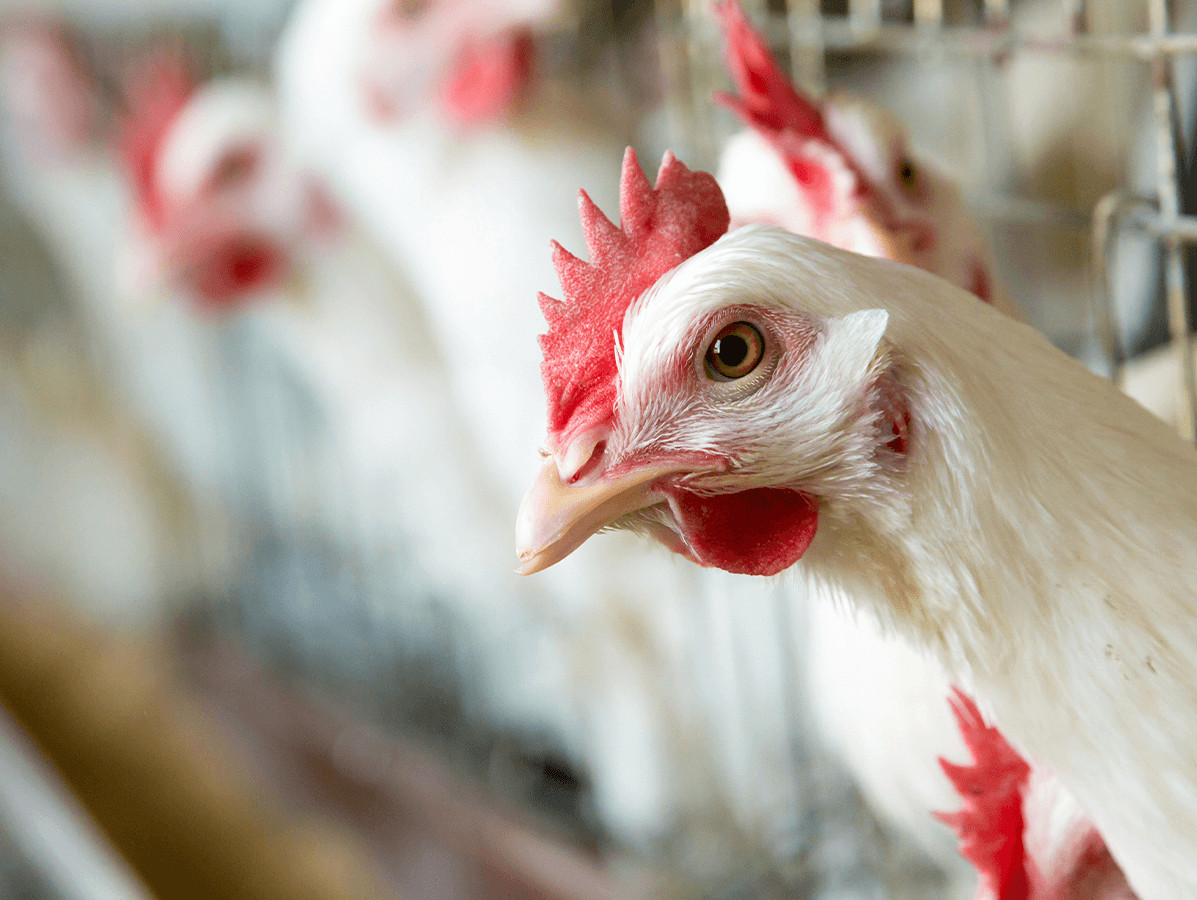
Global poultry demand and trade will remain strong this year. The industry, however, will face challenges related to historic high cost inflation and logistic disruptions, which will especially impact low income countries, according to Rabobank.
In most regions, supply is relatively tight and prices are strong. The war in Ukraine has led to an increase of 20% to 40% in global grain prices, and the poultry industry will be challenged to pass on all of these higher costs to consumers. This will likely be possible in developed markets with high purchasing power, where supply is relatively tight, such as Europe, the US, and Japan. There are, however, rising concerns in developing countries – for example, some countries in Africa, where food expenditure can represent one-third of household income and where the cost impact could be higher due to import dependence. These sharply rising costs, together with lower purchasing power due to weaker growth and cost inflation, could challenge local food and poultry consumption and potentially lead to regional crisis situations.
Global trade is expected to remain strong in 2022, as all governments gradually implement ‘living with Covid-19’ strategies, lifting foodservice demand. Brazil, China, and Turkey are well-positioned to benefit from this situation and take over some share of exports from the EU and war-affected Ukraine. Russia will be affected by sanctions but could selectively benefit from its very competitive position. Global trade will be challenged by the ongoing inflation of transport costs as well as disruptions to logistics.
Global poultry industries need a sharp focus on operations to offset higher costs and supply challenges – optimal procurement, product efficiency, and feed formulation will be vital. Avian influenza (AI) will remain a key challenge, but the pressure should ease in the northern hemisphere summer. From a global perspective, AI cases in regions like Europe will disrupt trade in hatching eggs, which could impact supply in importing countries, as occurred in 2020 and 2021.
Download the full report ‘Global Poultry Quarterly Q2 2022’
Rabobank.nl
Beeld: © zhangyang13576997233/Shutterstock.com
Source: Rabobank